|
Against the Loveless World by Susan Abulhawa. Reviewed by Micki Luckey.
In her beautiful but emotionally challenging novel, Against the Loveless World, Susan Abulhawa captures the insecurity and lack of place experienced by Palestinians in the diaspora and then the building of community and resistance to the occupation inside Palestine. With exquisite descriptions of place, food, events, and people, we follow Yaqoot (also called Nahr) as she moves from Kuwait to Jordan to Palestine.
By Erin Kane, Rachael Devlin and Micki Luckey
A few years ago, SURJ BA posted a list of Racial Justice Books for White People. Two lists, really — one fiction, one non-fiction. The books on these lists were chosen through a vote by the chapter membership.
Recently, a few of us were trading comments on books we have loved. Out of these conversations grew a desire to shine a light on more Black voices in honor of Black History Month. By Eve Higby Many of us are looking at our stations in life — where we have privilege and where we lack it. Our society has various power structures that define those privileges: patriarchy, racism, capitalism, cisheteronormativity. As a white woman, I have some power in a group of mixed races due to the forces of white supremacy, but less power in a group of white men and women due to the forces of patriarchy. Within a group of white women, my class standing will play a role in how much power I have. The way that each of our identities is positioned within those structures and within certain social contexts form the basis of a critical self-analysis. This type of analysis helps us to think about our privileges and where they come from, considering race, ethnicity, gender identity and expression, age, immigration status, and socioeconomic status. What is critical family history? A critical self-analysis is useful for understanding how we navigate society and experience certain privileges and are denied others. But our circumstances and even our identities are also a product of our ancestors and the circumstances that they went through. By completing a critical family history, you can start to understand your family history in the context of larger social relationships of power, such as racism, colonization, patriarchy, and social class. You may even discover how your own family members participated in, helped to construct, resisted, or simply experienced these forces. Micki Luckey Among the many great books that document the history of slavery in the United States, none made me see its present impact as did How the Word is Passed by Clint Smith. Subtitled A Reckoning with the History of Slavery Across America, the book takes us to places in this country where we encounter present-day reminders of slavery, “places whose histories are inextricably tied to the story of human bondage.” Reading about what Smith saw and who he met brought up many feelings — distress, sadness and rage, along with an appreciation for all I was learning. Smith presents new, often surprising information at every site he documents. To explore different aspects of the history of slavery in this country, Smith takes us to a cemetery, a monument, a prison and more. He talked with residents, guides, and scholars, who shared their personal experiences and remembrances. While the book title comes from the Getting the Word oral history project of the 1930s, it is through the voices in this book that the word continues to be passed. Smith ends How the Word is Passed by sharing bits of his family story as well: “My grandfather’s grandfather was enslaved. … My grandparent’s voices are a museum I am still learning how to visit.” Smith has created his own kind of museum by sharing the stories in this book. Below I share some highlights, but I recommend you open this book and enter the museum yourself for the fascinating details you will find there. Erin Kane As a W. Kamau Bell fangirl, I couldn’t wait to pre-order my copy of the new workbook he’s written with Kate Schatz, Do the Work!: An Antiracist Activity Book. A few days later, I heard Heather McGhee interviewed about her new podcast, The Sum of Us. I found both to be useful, as well as inspiring, enlightening, and entertaining, for anyone interested in anti-racist work and wanted to share them with you. Do the Work!: An Antiracist Activity Book It’s hard, doing the work. And the new book, Do the Work!, by W. Kamau Bell and Kate Schatz is full of hard stuff. It’s aimed at white people who want to be anti-racist. But it’s also fun! It’s actually a workbook, so grab a pencil! Attempts to censor discussions of race and racism are underway nationwide. GOP lawmakers in at least 21 states are either introducing legislation or have already passed bans that impact K-12 classrooms and in some cases, colleges and universities. At the federal level, 30 House Republicans signed on to a pair of bills that would prohibit diversity and anti-racism training in the military and federal agencies.
By Heather Millar
Like most people in this country, I’ve been arguing a lot this year. Pointing out racism and lack of empathy on social media. Bristling a bit when made aware of my own racist missteps. Doomscrolling and raging against the headlines. I’ve been a journalist for most of my life, though I’m now pandemically unemployed. Among many other things, I’ve covered jails and prisons, politics and social policy. I thought I “got” this country’s racism. I knew it was foundational to our nation’s problems, central to our history. I volunteered regularly; protested occasionally. By Felicia Gustin As thousands of white people join protests nationwide, it’s important to look at not just why people are showing up but also how. Given this nation’s history of racism, we, as white people, want to make sure we are part of the solution, not the problem. By Micki Luckey
This summer nearly thirty members of SURJ BA — Showing Up for Racial Justice Bay Area — voted on books for white people about racial justice, indicating those they recommend, as well as those they want to read. This blog is about nonfiction books recommended by our members. (See the Fiction list here) By Micki Luckey
“And O my people, out yonder, hear me, they do not love your neck unnoosed and straight. So love your neck; put a hand on it, grace it, stroke it and hold it up…. hear me now, love your heart. For this is the prize.” From a passage in Toni Morrison’s Beloved that is engraved on the wall of the National Lynching Memorial in Montgomery, Alabama. |
Find articles
All
Browse by date
July 2024
MEDIUM |
© COPYRIGHT 2017-2024 SURJ BAY AREA. ALL RIGHTS RESERVED.


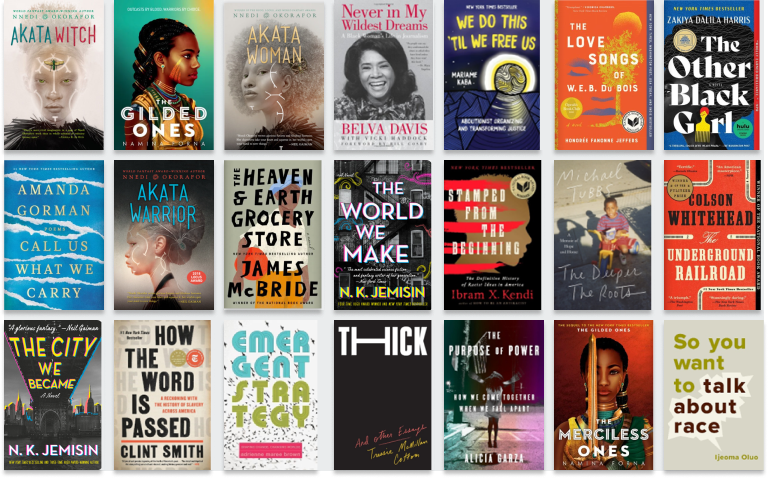
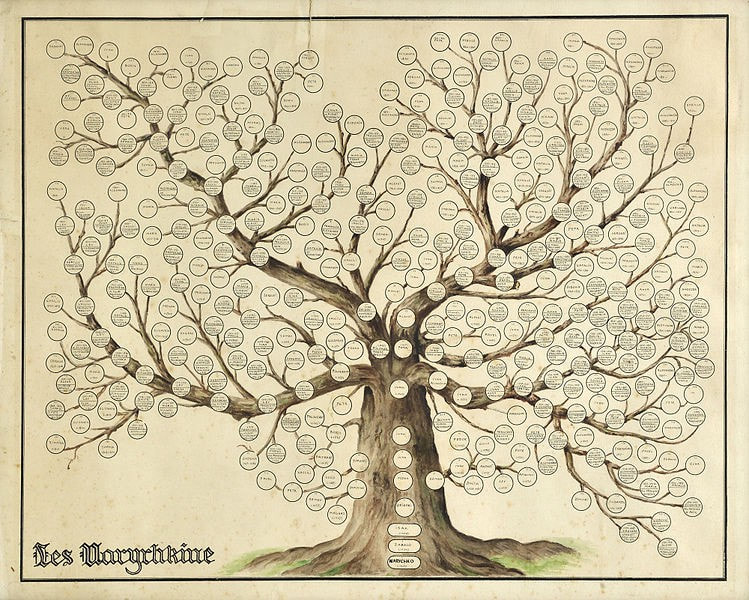
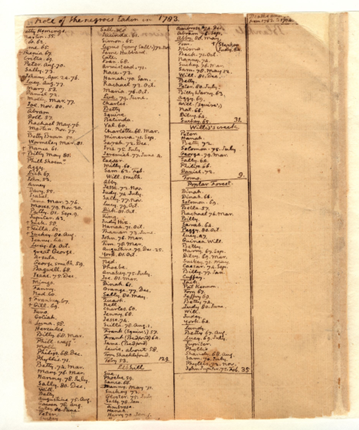
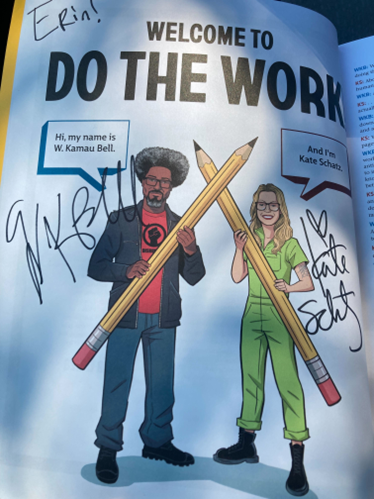
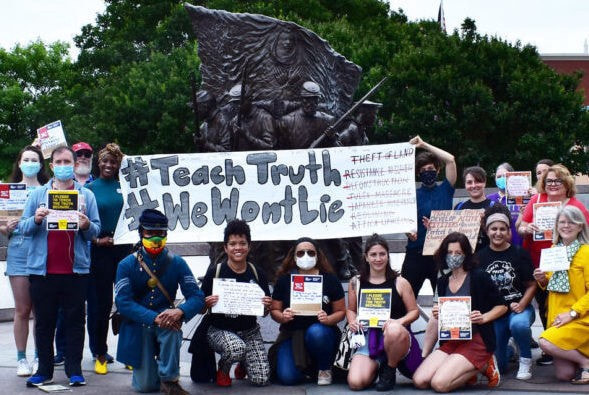

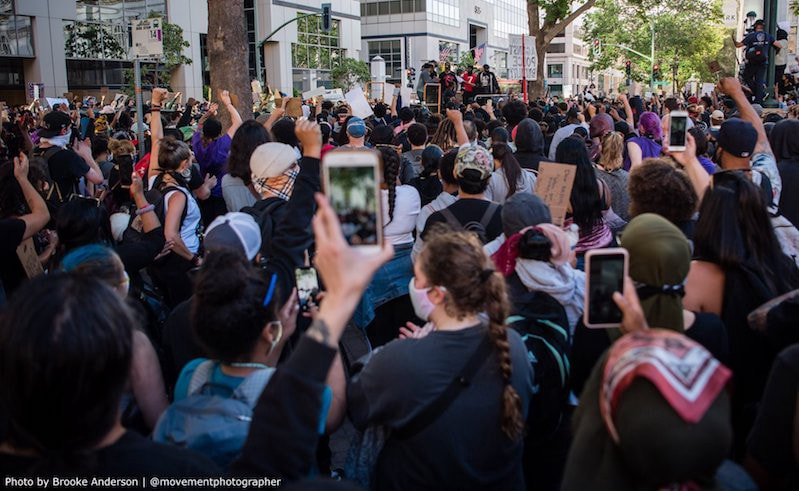

 RSS Feed
RSS Feed